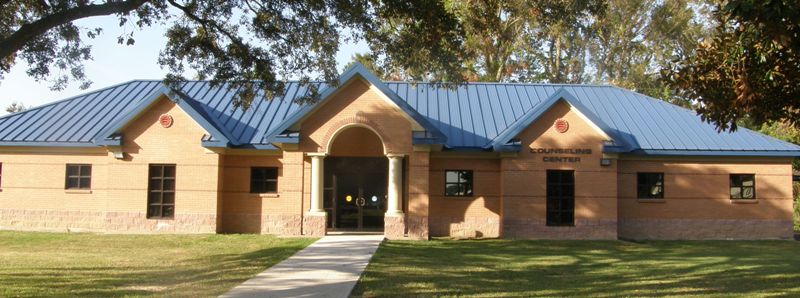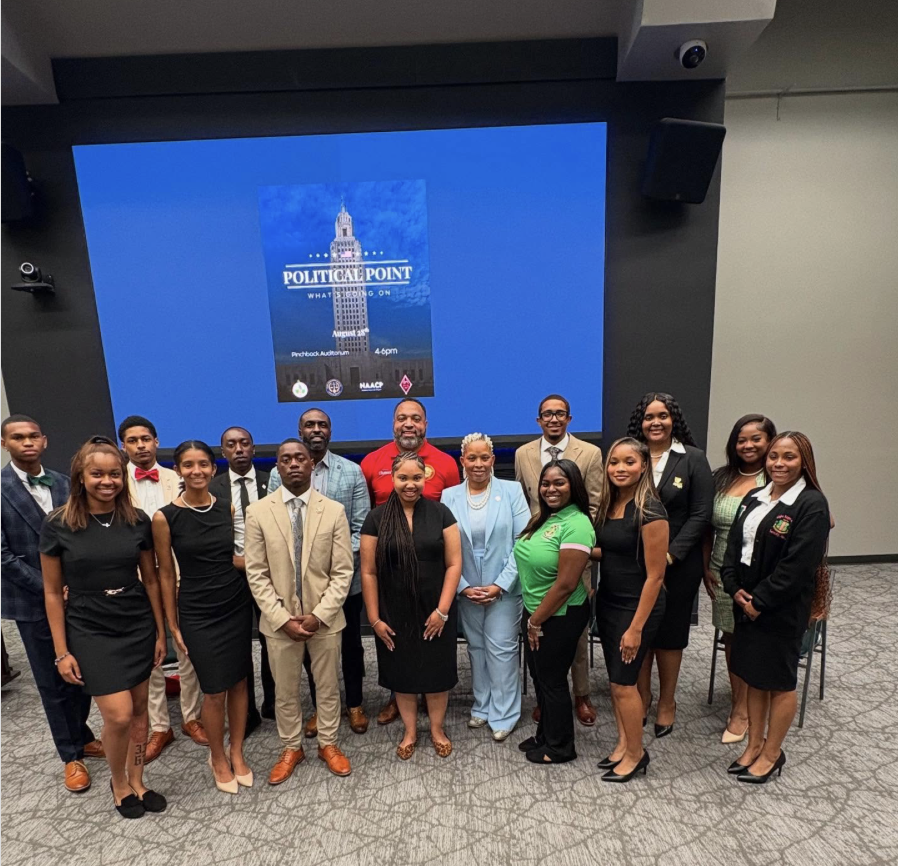Upon entering college, a typical student will be faced with many housing questions and opportunities.
The decision to live on campus or in an off-campus apartment can pose several challenges to the uninformed and inexperienced.
According to NOLO.com, an online legal “do-it-yourself” advice website, there are several tips and tricks of the apartment trade that student tenants need to know from security deposits, roommates and even eviction rights.
The first thing the website says all tenants need to do is bring paperwork.
This includes a completed rental application, references from previous landlords, colleagues or employers and a current copy of a credit report, something that will give the applicant an edge over other competitors who are also applying.
Tomeka Jones, a senior business management major from Baton Rouge said, “Some things (within the lease) are clearly stated.”
“There are policies about moving out that are explained by landlords,” Jones, who recently moved into her first off-campus apartment, said. “A lot of the lease is in small print, which makes you have to really read it all.”
“The landlord gives you a summary of the lease, but you have to take it upon yourself to know what the lease really encompasses,” she said.
Experts say applicants should review all conditions of the tenancy before any signing of leases or contracts are decided because there may be restrictions on guests, pets and redesigning that tenants may not catch before signing long term leases.
With this tip, students are also urged to get everything in writing and keep all copies of correspondence between the renter and the landlord.
NOLO.com also said student renters should become familiar with their privacy rights, how much time a landlord may give a renter before entering and details of security deposits.
According to the Louisiana Department of Justice, there are no statues on an amount of time a landlord must give tenants before entering into a property, nor is there a statue on security deposits.
There is also a 10-day lease termination (Louisiana Civic Code Ann.art.2686) statute, but none on the amount of increased rent notice given.
NOLO experts said before tenants move in, they should record the condition of the property before signing a lease to insure that the security deposit will be there after moving.
The website also said students should inspect things that may not be “readily apparent” such as water pressure, sink drainage in kitchen and bathrooms and appliance operation.
“Student tenants should know that landlords must fix all major problems,” the website states. “Landlords are responsible for maintaining a habitable, or livable, condition. This includes keeping the structure of the building sound: stairways, floors and roofs.”
According to state law, landlords must also ensure that all electrical, heating and plumbing systems operate safely as well as be responsible for exterminating infestations of pests such as cockroaches.
If students aren’t ready to handle the responsibility living off campus can mean, some Southern students advise they remain on campus.
“There are advantages to on campus housing,” said Britney Bass, a junior political science major from Shreveport. ” At the beginning of the semester, we pay our fees and don’t have to constantly worry about bills being due for rent, etc.”
“We have protection with the SUPD, adequate lighting fixtures, and no worries about coming home late at night to a dark apartment,” she said.
Students who are interested in residential housing rights should see: www.housing.subr.edu
For more information on tenant rights and laws, please visit: www.nolo.com.
Categories:
Notice of Eviction Know Your Rights
March 7, 2007
0
More to Discover





